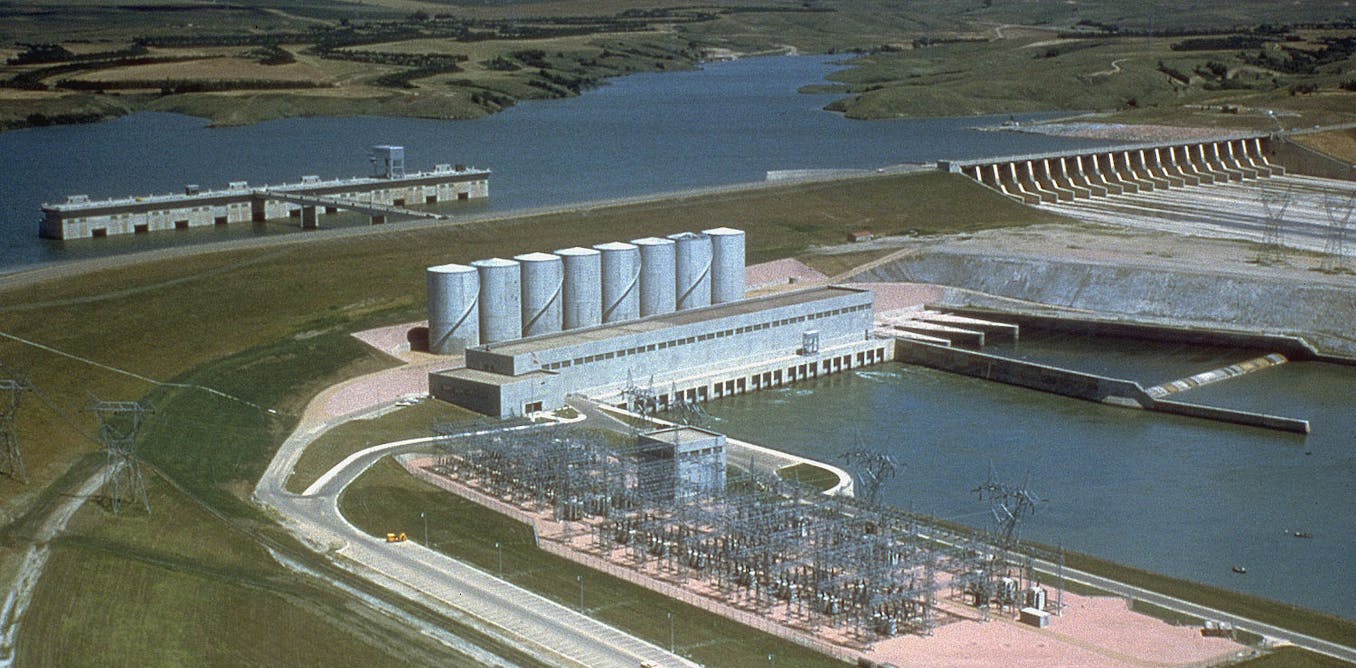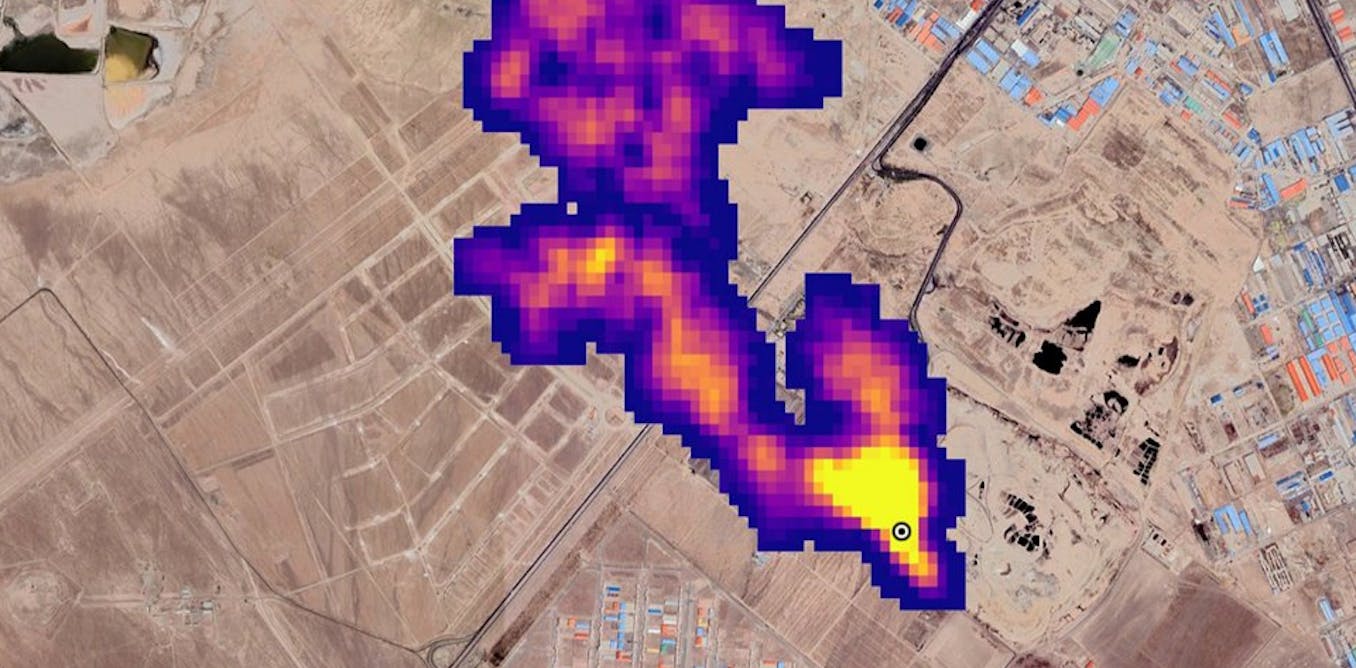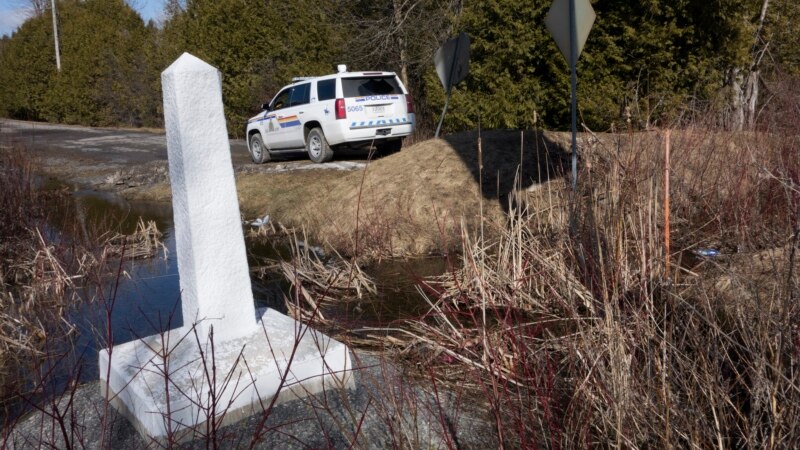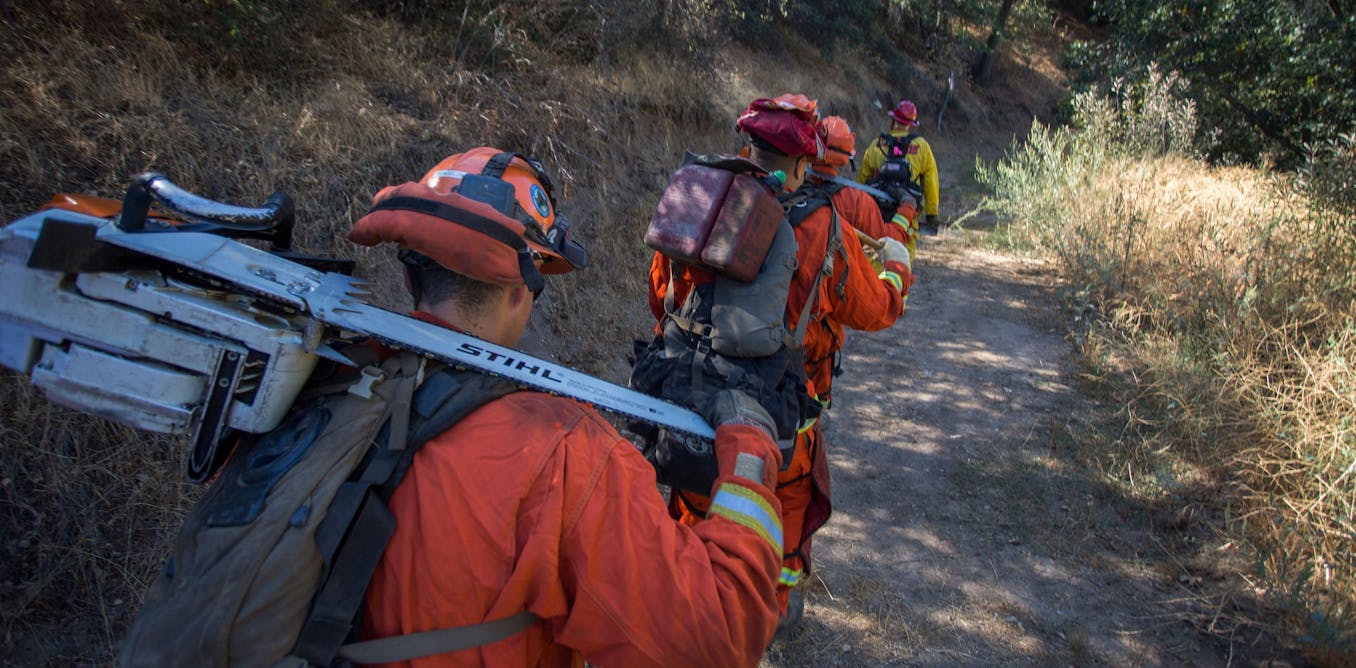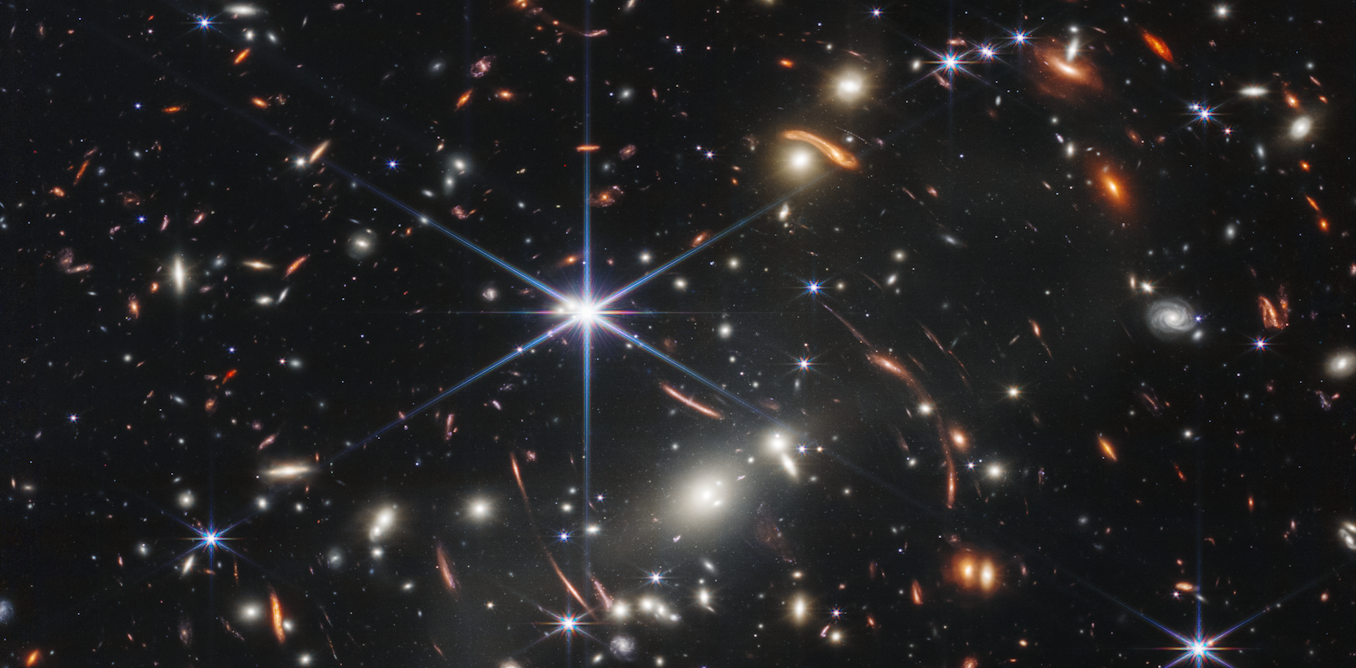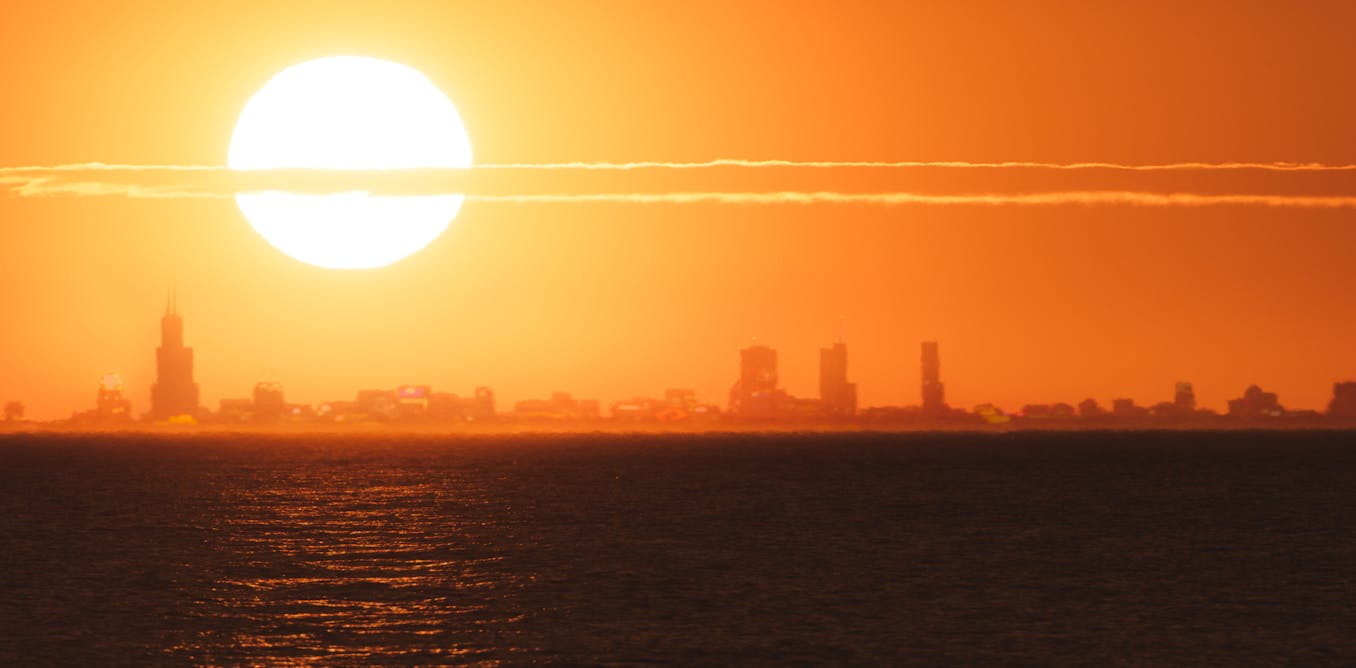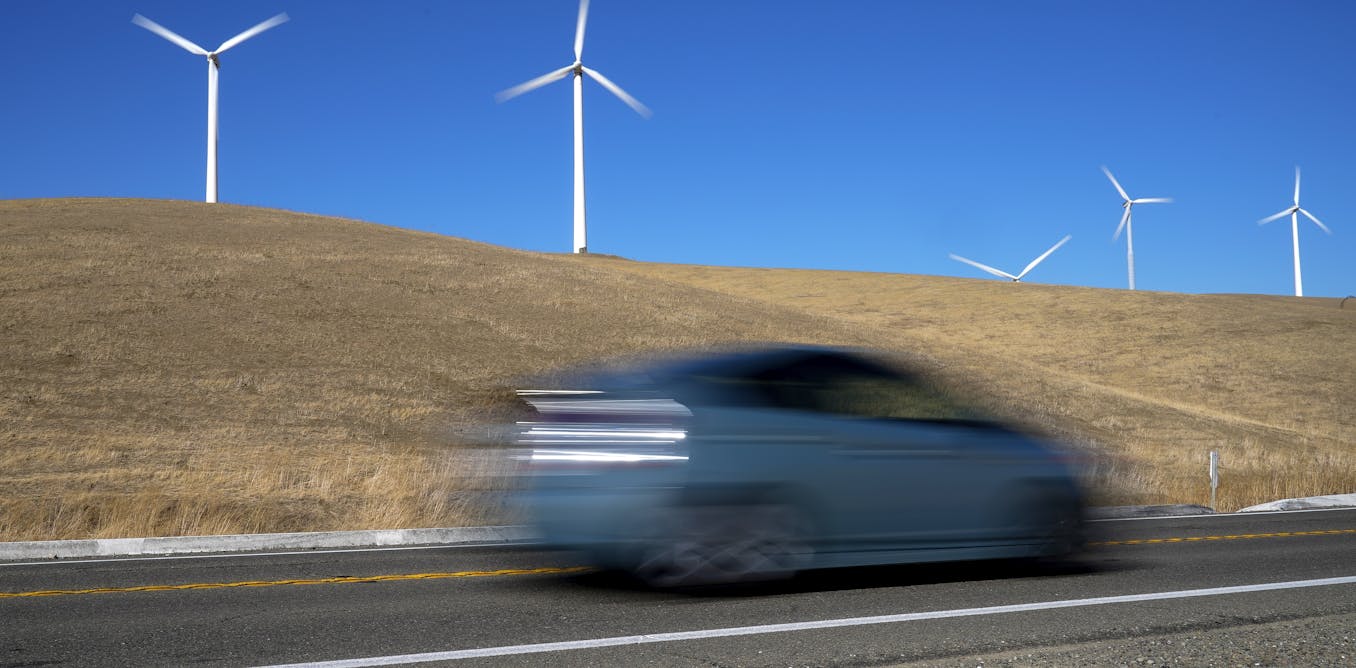Native American voices are finally factoring into energy projects – a hydropower ruling is a victory for environmental justice on tribal lands
The Federal Energy Regulatory Commission recently ruled that it won’t approve energy projects on Native lands without tribal consent. But many more applications are pending.
April 17, 2024 • ~9 min

